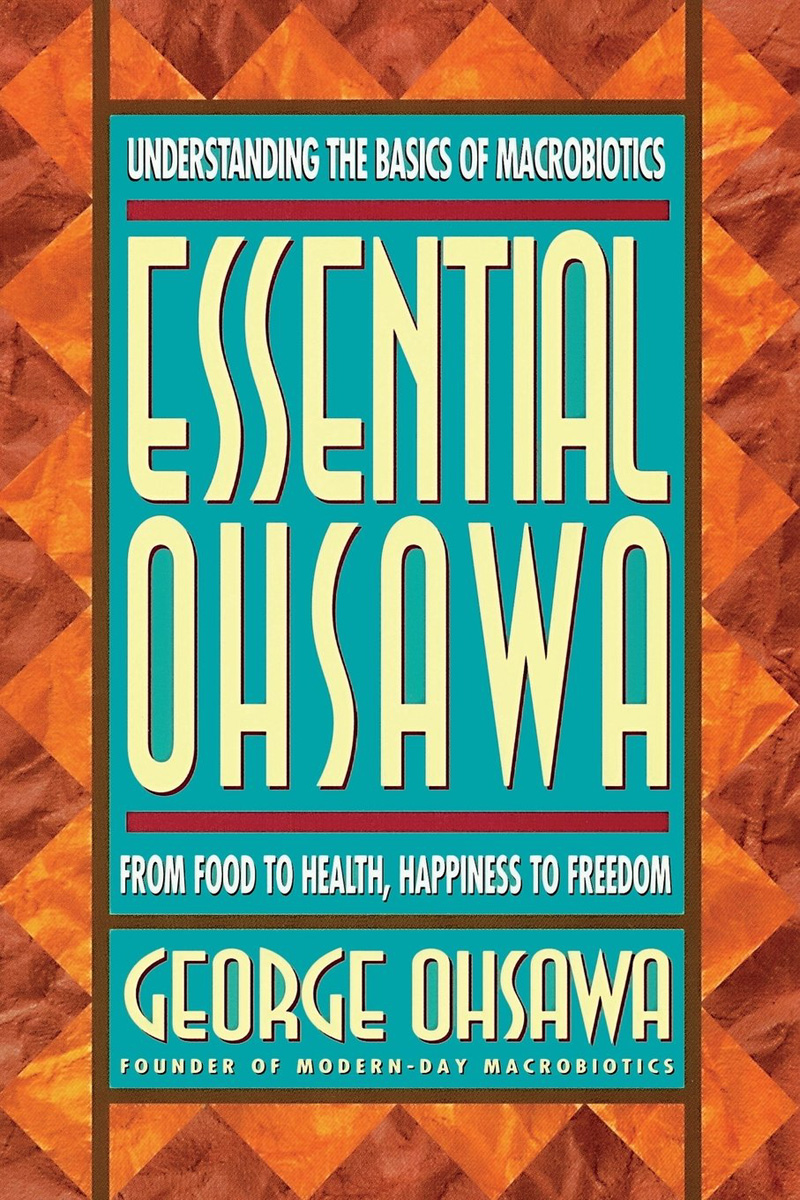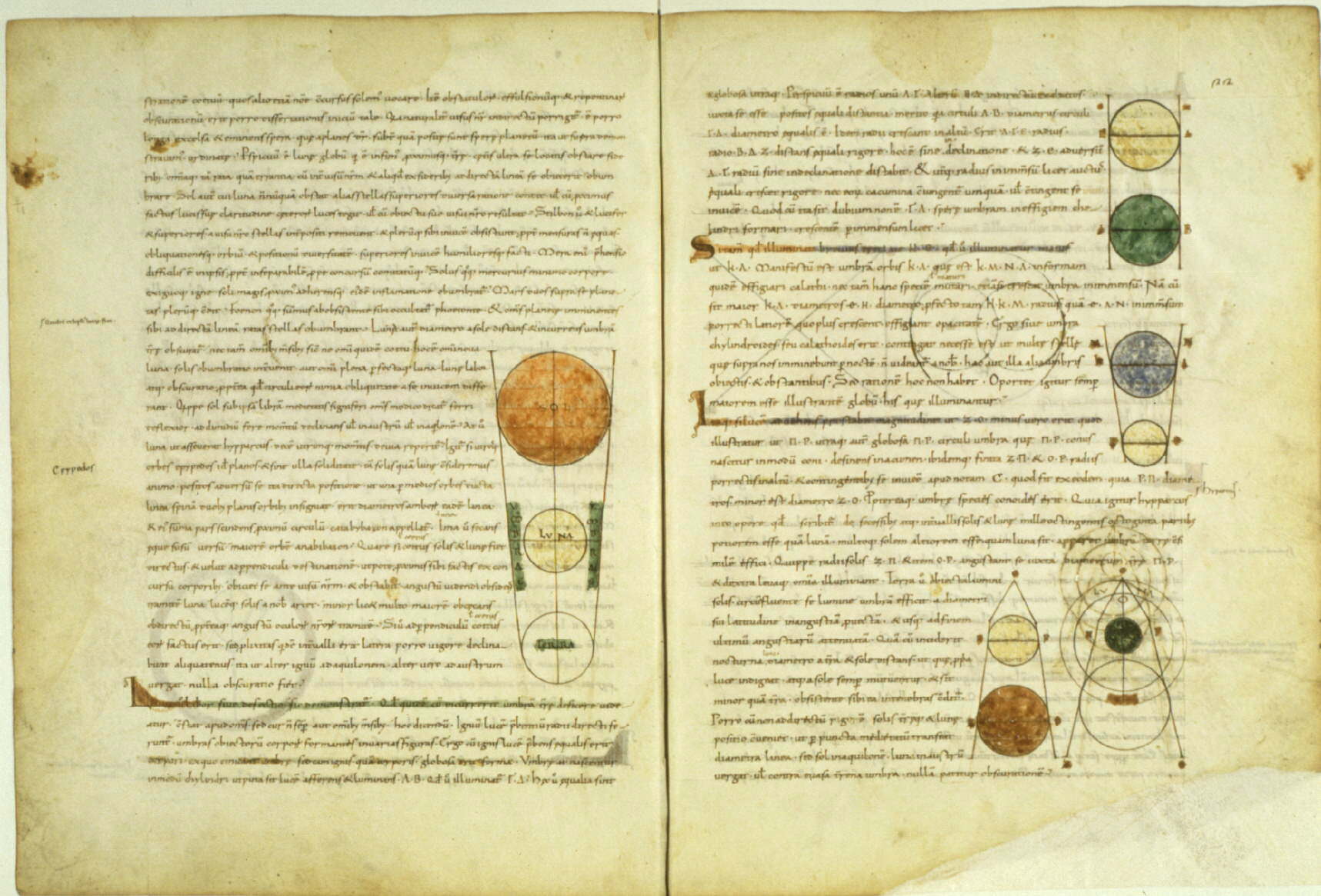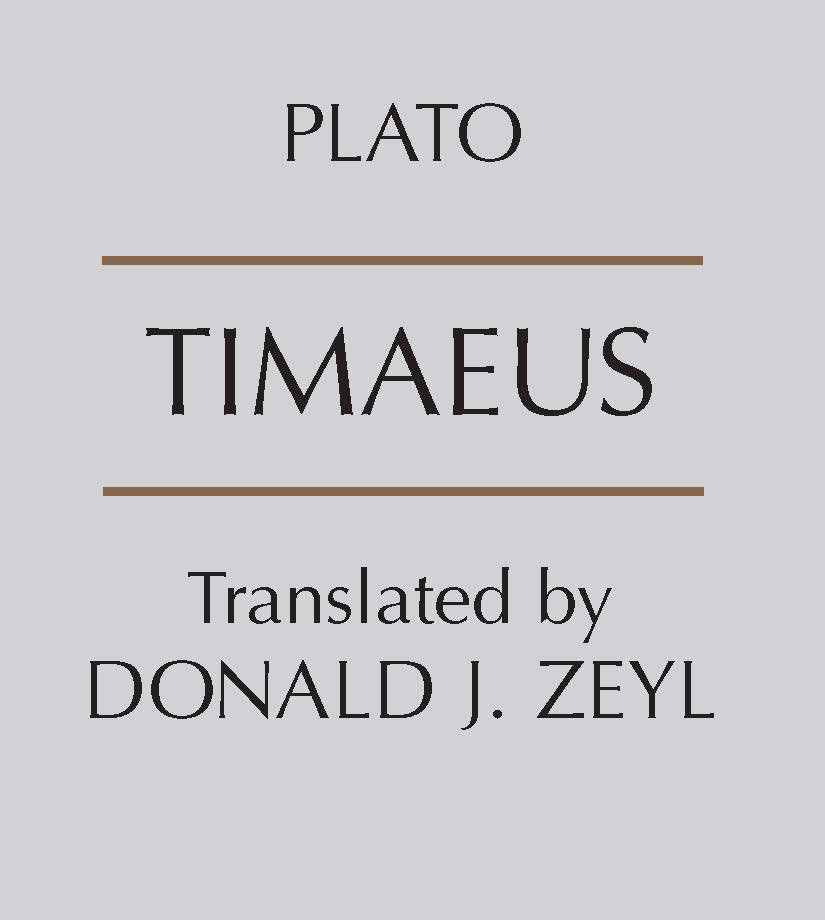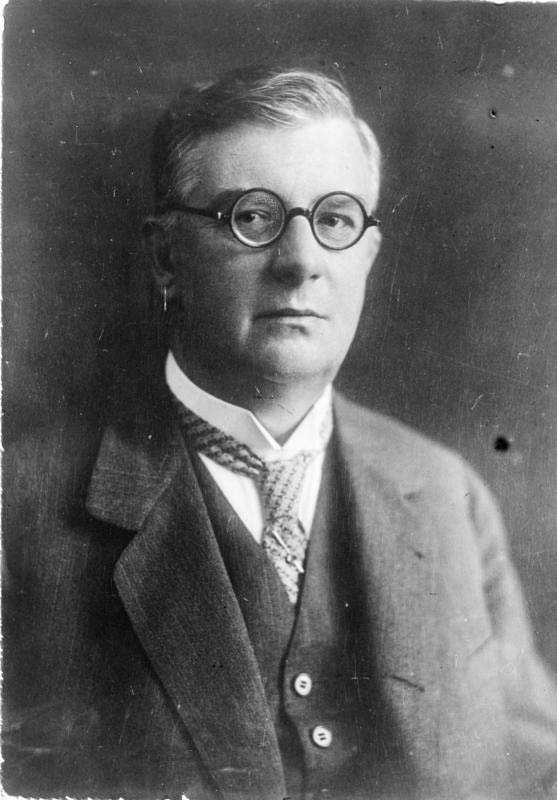Now diseases… so, when you try to wipe them out with drugs before they have run their due course, the mild diseases are liable to get severe, and the occasional ones frequent. That is why you need to cater to all such diseases by taking care of yourself to the extent that you are free and have the time to do that. What you should not do [d] is aggravate a stubborn irritation with drugs.
Plato from Timaeus
philosophy
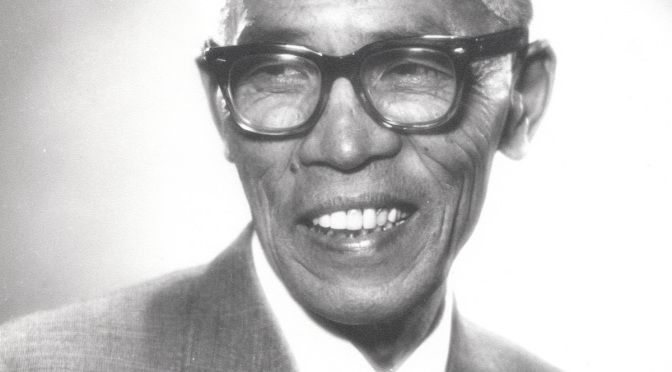
Essential Ohsawa George Ohsawa
Culinary art is life’s art. Our health and consequently our happiness, our liberty, and even our judging ability are under the influence of this art. This is why only the best disciples are selected as cooks in the great schools or Buddhist convents. If you are not a good cook, you simply have to learn the culinary art.
Culinary preparation is, indeed, fundamental in enabling man to attain self-realization through Far Eastern medicine.
To eat is to create a new life for tomorrow through the sacrifice of the vegetal realm and its products. If mistakes are made, this is, literally, the “original sin.” This is symbolized in the myth of the Garden of Eden.
- Eat whole grains and local, seasonal vegetables, using a bit of salt, oil, and traditional condiments.
- Chew each mouthful of food fifty times or more.
- Drink only what is necessary.
- Work hard physically.
True health is that which you yourself have created out of illness. Only if you have produced your own health can you know how wonderful it actually is. For this reason, many healthy people squander away their health; through ignorance, they spoil it without knowing its true value. He who knows the real worth of health spreads his joyous knowledge by telling others what he knows. If you are healthy but do not try to give to others of the happiness it brings, you are unaware that happiness is priceless.
True health can be established only by conquest over bad factors that are menacing your life, without using any violence; rather, by a good cooperative and complementary agreement, a universal solidarity, or a most intimate brotherhood established with all the evildoing factors. The fundamental ideas of symptomatic medicine, which tries only to destroy noxious factors, are childish, primitive, unmanageable, exclusive…
Sickness and weakness are necessary in this world. It is through our efforts to change them into health that we learn gratitude.
It is disease that leads us toward health. If one errs in the use of therapeutics, for instance by following symptomatic medicine, this is the starting point for the principles of health. This is the Order of the Universe.
Illness is the very helpful guide that leads us toward an understanding of the constitution of the universe.
As man nourishes with foods, he should carefully develop his spirit. All great or happy people have absorbed much more food of the spirit than physical foods. Books are of this invisible nourishment. As one can find foods of various qualities, from the best to the worst, likewise there exist all sorts of spiritual nourishment. […] Therefore, if you have the intention of reading a good book, you should buy what was published at least twenty years ago. Books at least two hundred years old that one appreciates are certainly good. The book whose value has been recognized for two thousand years is the true best seller.
If we are unhappy, we are violating the Order of the Universe.
Accept everything with greatest pleasure and thanks. Accept misfortune like happiness, disease like health, war like peace, foe like friend, death like life, poverty like prosperity— and in case you do not like it or you cannot stand it, refer to your universal compass, the Unifying Principle; there you will find the best direction. Everything that happens to you is what you are lacking. All that is antagonistic and unbearable is complementary. He who can embrace his antagonists is the happiest man.
Without a basic principle to follow, any sort of practice is no more than superstition. The principle (spirit) of macrobiotic living lies in recognizing, experiencing, and understanding nature. This is Tao—the return to and contemplation of God.
Any theory, be it scientific, religious, or philosophical, is quite useless if it is too difficult to understand or impractical for daily living.
Continue reading
Plato from Timaeus
All that is unnatural, we recall, is painful, while all that occurs naturally is pleasant. This is true of death as well: a death that is due to disease or injury is painful and forced, while a death that comes naturally, when the aging process has run its course, is of all deaths the least distressing—a pleasant, not a painful death.
Plato from Timaeus
Timaeus trans. Calcididus, latin manuscript
Useless a fragment of Zhuangzi
Carpenter Shih was on his way to Chi, when he came to the place called Chu Yuan, where he saw an oak tree which was venerated as the home of the spirits of the land. The tree was so vast that a thousand oxen could hide behind it. It was a hundred spans round and it soared above the hill to eighty feet before it even began to put out branches. There were ten such branches, from any one of which an entire boat could be carved. Masses of people came to see it, giving the place a carnival atmosphere, but carpenter Shih didn’t even look round, just went on his way. His assistant looked at it with great intensity, and then chased after his master and said, ‘Since I first took up my axe and followed you, I have never seen wood such as this. Sir, why did you not even glance at it nor stop, but just kept going?’
He said, ‘Silence, not another word! The tree is useless. Make a boat from it and it would sink; make a coffin and it would rot quickly; make some furniture and it would fall to pieces; make a door and it would be covered in seeping sap; make a pillar and it would be worm-eaten. This wood is useless and good for nothing. This is why it has lived so long.’
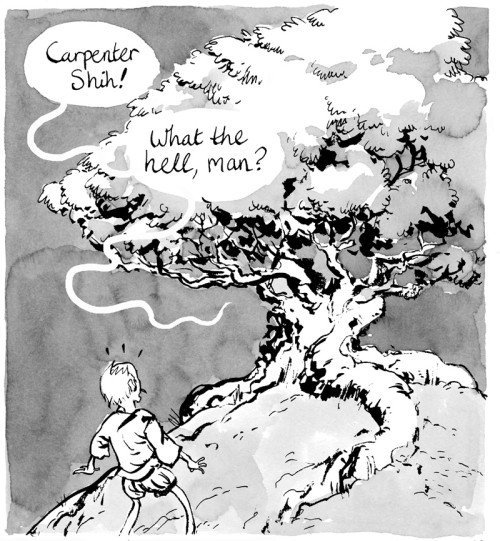
When Master Shih was returning, the tree appeared to him in a dream, saying, ‘What exactly are you comparing me with? With ornamental fruit trees? Trees such as the hawthorn, pear trees, orange trees, citrus trees, gourds and other such fruit trees? Their fruits are knocked down when they are ripe and the trees suffer. The big branches are damaged and the small ones are broken off. Because they are useful, they suffer, and they are unable to live out the years Heaven has given them. They have only their usefulness to blame for this destruction wrought by the people. It is the same with all things. I have spent a long time studying to be useless, though on a couple of occasions I was nearly destroyed. However, now I have perfected the art of uselessness, and this is very useful, to me! If I had been of use, could I have grown so vast? Furthermore, you and I are both things. How can one thing make such statements about another? How can you, a useless man about to die, know anything about a useless tree?’
When carpenter Shih awoke, he told his apprentice what he had dreamt. The apprentice said, ‘If it wants to be useless, why is it used as the shrine for the spirits of the land?’
‘Hush! Don’t say another word!’ said Shih. ‘The tree happens to be here so it is an altar. By this it protects itself from harm from those who do not realize it is useless, for were it not an altar, it would run the risk of being chopped down. Furthermore, this tree is no ordinary one, so to speak of it in normal terms is to miss the point.’
from Zhuangzi
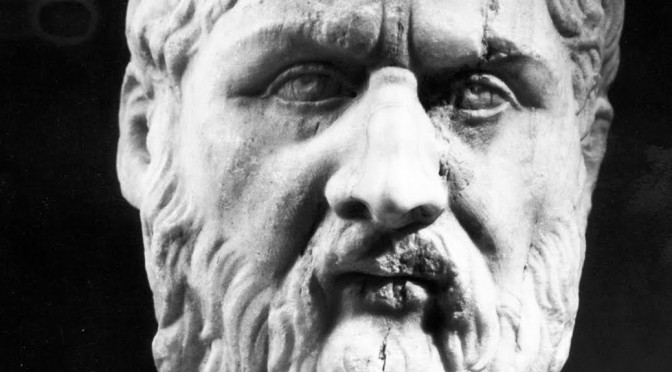
Timaeus Plato
The soul was woven together with the body from the center on out in every direction to the outermost limit of the heavens, and covered it all around on the outside. And, revolving within itself, it initiated a divine beginning of unceasing, intelligent life for all time… …because it shares in reason and harmony, the soul came to be as the most excellent [37] of all the things begotten by him who is himself most excellent of all that is intelligible and eternal.
Is our perpetual claim that there exists an intelligible Form for each thing a vacuous gesture, in the end nothing but mere talk?
But as the stream that brings growth and nourishment diminishes and the soul’s orbits regain their composure, resume their proper courses, and establish themselves more and more with the passage of time, their revolutions are set straight, to conform to the configuration each of the circles takes in its natural course. They then correctly identify what is the same and what is different, and render intelligent the person who possesses them. And to be sure, if such a person also gets proper nurture to supplement his [c] education, he’ll turn out perfectly whole and healthy, and will have escaped the most grievous of illnesses. But if he neglects this, he’ll limp his way through life and return to Hades uninitiated and unintelligent.
We prove unable to draw all these distinctions and others related to them—even in the case of that unsleeping, truly existing reality—because our dreaming state renders us incapable of waking up and stating the truth…
So anyone who is a lover of understanding and knowledge must of necessity pursue as primary causes those that belong to intelligent nature, and as [e] secondary all those belonging to things that are moved by others and that set still others in motion by necessity. We too, surely, must do likewise: we must describe both types of causes, distinguishing those which possess understanding and thus fashion what is beautiful and good, from those which, when deserted by intelligence, produce only haphazard and disorderly effects every time.
As it is, however, our ability to see the periods of day-and-night, of months and of years, of equinoxes and solstices, has led to the invention of number and has given us the idea of time and opened the path to inquiry into the nature of the universe. These pursuits have given us philosophy, a gift from the [b] gods to the mortal race whose value neither has been nor ever will be surpassed.
Let us rather declare that the cause and purpose of this supreme good is this: the god invented sight and gave it to us so that we might observe the orbits of intelligence in the heavens and apply them to the revolutions of [c] our own understanding. For there is a kinship between them, even though our revolutions are disturbed, whereas the universal orbits are undisturbed. So once we have come to know them and to share in the ability to make correct calculations according to nature, we should stabilize the straying revolutions within ourselves by imitating the completely unstraying revolutions of the god.
Continue reading
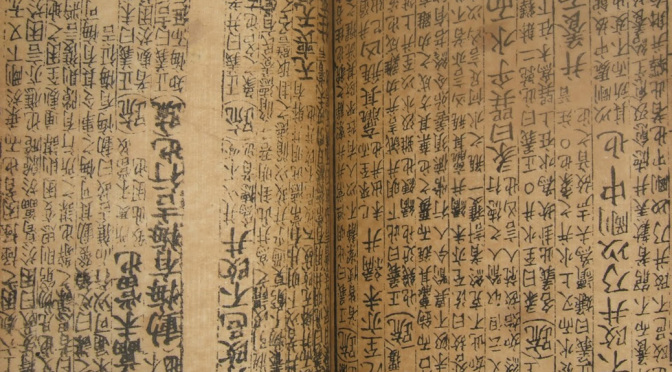
I Ching or the Book of Changes by Richard Wilhelm
May the same joy in pure wisdom be the part of those who read the translation as was mine while I worked upon it.
RICHARD WILHELM, Peking, in the summer of 1923
The Book of Changes—I Ching in Chinese—is unquestionably one of the most important books in the world’s literature. Its origin goes back to mythical antiquity, and it has occupied the attention of the most eminent scholars of China down to the present day. Nearly all that is greatest and most significant in the three thousand years of Chinese cultural history has either taken its inspiration from this book, or has exerted an influence on the interpretation of its text. Therefore it may safely be said that the seasoned wisdom of thousands of years has gone into the making of the I Ching. Small wonder then that both of the two branches of Chinese philosophy, Confucianism and Taoism, have their common roots here. The book sheds new light on many a secret hidden in the often puzzling modes of thought of that mysterious sage, Lao-tse, and of his pupils, as well as on many ideas that appear in the Confucian tradition as axioms, accepted without further examination.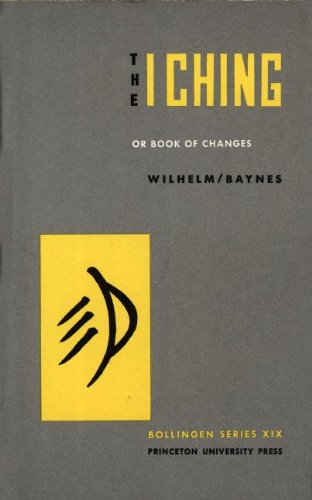
Indeed, not only the philosophy of China but its science and statecraft as well have never ceased to draw from the spring of wisdom in the I Ching, and it is not surprising that this alone, among all the Confucian classics, escaped the great burning of the books under Ch’in Shih Huang Ti 1)↓. Even the commonplaces of everyday life in China are saturated with its influence. In going through the streets of a Chinese city, one will find, here and there at a street corner, a fortune teller sitting behind a neatly covered table, brush and tablet at hand, ready to draw from the ancient book of wisdom pertinent counsel and information on life’s minor perplexities. […]
Yet we must not overlook the fact that apart from this mechanistic number mysticism, a living stream of deep human wisdom was constantly flowing through the channel of this book into everyday life, giving to China’s great civilization that ripeness of wisdom, distilled through the ages, which we wistfully admire in the remnants of this last truly autochthonous culture.
What is the Book of Changes actually? In order to arrive at an understanding of the book and its teachings, we must first of all boldly strip away the dense overgrowth of interpretations that have read into it all sorts of extraneous ideas. […]
We must hold here to the fundamental principle that the Book of Changes is to be explained in the light of its own content and of the era to which it belongs. With this the darkness lightens perceptibly and we realize that this book, though a very profound work, does not offer greater difficulties to our understanding than any other book that has come down through a long history from antiquity to our time.
| 1. | ↑ | 213 B.C. |
